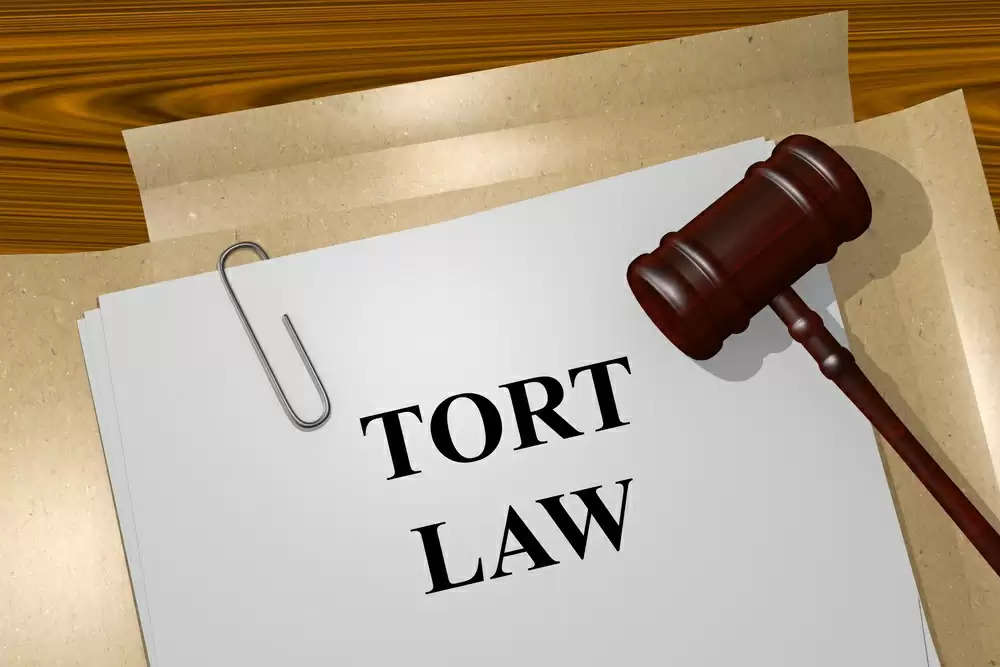Liability for the wrongs of others in the law of torts
Oct 16, 2021, 05:05 IST

The maxim Qui facit per alium facit per se states that he who does an act through another is deemed in law to do it himself. But the important phrase is "act through another" and if there is no connection of "through" one cannot be held liable for the actions of another. Liability can also arise by ratification or abetment of a special relationship. The liability arises out of a special relationship like master and servant; owner and independent contractor; and also exists in cases of principal and agent, company and directors, firm and partners. How far one is liable is a question of law as well as fact. It does not mean that an agent is liable to anyone. The principal can recover money he has paid as damages for the wrongful act of his agent. In the case of partners, The Partnership Act, 1870 of England, and the Indian Partnership Act, 1932 make them liable jointly and severally if the firm is Hable. The doctrine of vicarious liability centres on the relationship of master and servant though it has been extended to other relationships. The master is liable for only those acts, which are committed by the servant during the course of employment.
Share this story
WhatsApp Channel
Join Now
